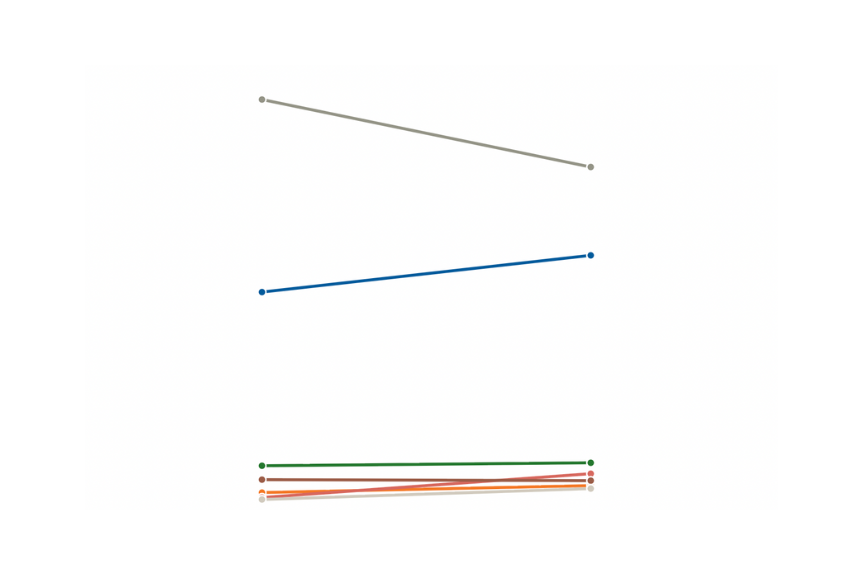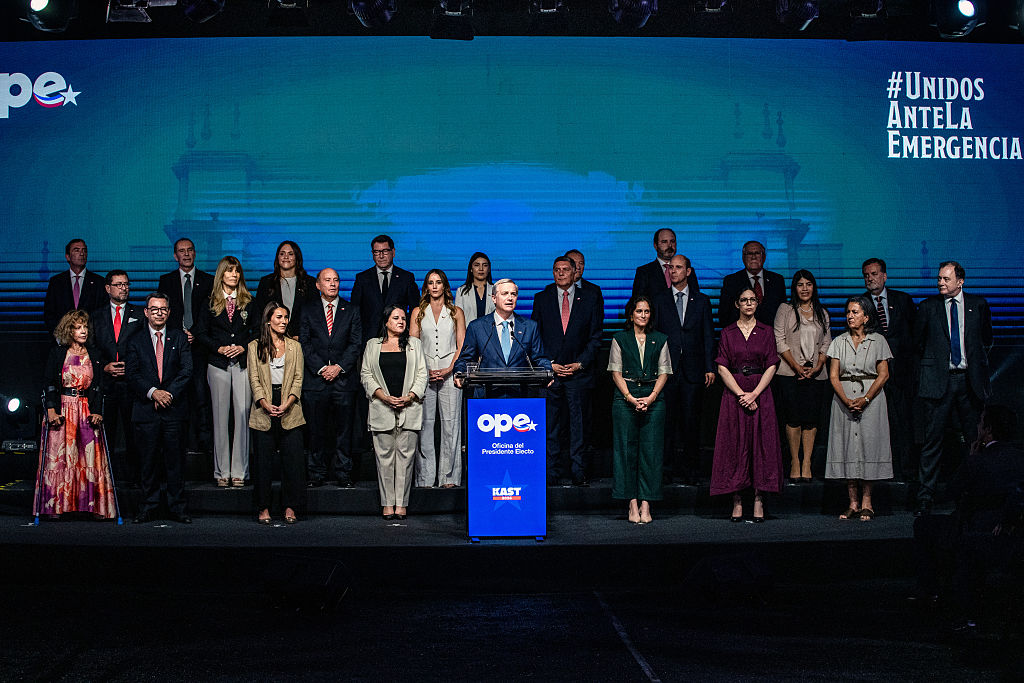Brazil, Mexico Cast Votes in Local Elections
Brazil, Mexico Cast Votes in Local Elections
Voters in Brazil and Mexico turned out for local elections Sunday. Brazil's Worker's Party, buoyed by the president's popularity, made nationwide gains while in Mexico the Institutional Revolutionary Party won legislative seats and mayoralties. Security was a top concern on election day in both countries.
At a time when security concerns continue to plague Brazil and Mexico, Latin America’s two biggest economies held local elections over the weekend. With insecurity ranking high as an issue for Brazilian voters, shootings in Rio de Janeiro and other towns marked the day as voters turned out for elections in more than 5,500 cities. Less than month after a deadly bombing tarnished Mexico’s Independence Day celebrations, the government deployed the military to maintain security with the goal of protecting voters.
In both countries, the elections resulted in surprises and upsets. Brazilian candidates from and allied with President Luiz Inácio Lula da Silva’s Workers’ Party (PT) rode on the wave of the leader’s high approval ratings, which stand at nearly 70 percent, to boost their control of city halls nationwide from just under 400 to at least 600. The victories will likely help keep the PT, founded by Lula almost three decades ago, as a dynamic force in Brazilian politics after the president’s tenure ends in 2010. The president spoke at AS/COA on September 22, when he outlined his administration’s efforts to lift thousands of Brazilians out of poverty and lowering unemployment rates to record lows.
Still, the PT suffered an unexpected second-place finish in the race for the mayoralty of São Paulo. After showing a nine-point lead in polls last week, PT candidate Marta Suplicy came in a close second to incumbent Gilberto Kassab. The two will face each other in an October 26 run-off election to govern Brazil’s largest city. Time magazine says that the inability for PT candidates such as Suplicy to secure wins in some key races shows “the president's coattails may not have been as long as many of his supporters had expected.” However, the PT finds itself well-positioned for the 2010 general election after gaining control of six of Brazil’s state capitals. None of the eight candidates running under the name “Barack Obama” won posts.
In Mexico, candidates from the center-left Institutional Revolutionary Party (PRI), the party that controlled Mexico’s presidency for more than seven decades, won 13 of 28 state legislature seats and 40 of 81 mayoral races. Among the party’s most important victories was the mayoralty of Acapulco, the capital of Guerrero, where the left-leaning Party of the Democratic Revolution (PRD) has held a strong base of support. The PRD won just 13 legislative seats and 24 municipal elections and the center-right National Action Party (PAN), the party of President Felipe Calderón, came in third. The PRI’s wins boost the party ahead of next summer’s mid-term congressional elections, with a poll published by El Universal showing that 44 percent of candidates plan to vote for the PRI compared to 34 percent for the PAN and 19 percent for the PRD.
Following months of confusion about who should run the PRD as well as its cancellation of a leadership vote, Sunday’s vote demonstrated an electorate’s shaken faith in that party since former Mexico City Mayor Andres Manuel López Obrador lost narrowly in a highly contested election against Calderón in 2006. As a Harvard International Review blog says, “the elections reinforced the image of the PRD as a broken party, riven by internal factionalism and unable to discipline its own members.”
Yet the losses logged by the PAN also showed the toll of twin challenges facing the Calderón administration: a rising crime wave and a shaky U.S. economy that could affect Mexico’s. Remittances from the United States to Mexico dropped by 12 percent in August, raising concerns about the degree to which Mexico can depend on the essential cash flow from migrants north of the border who face an economic downturn and a surge of anti-immigrant sentiment. A New York Times article looks at growing sales of bulletproof fashion in Mexico at a time when insecurity grips the country.
Read an AS/COA analysis about violence and drug-related crime in Mexico.








